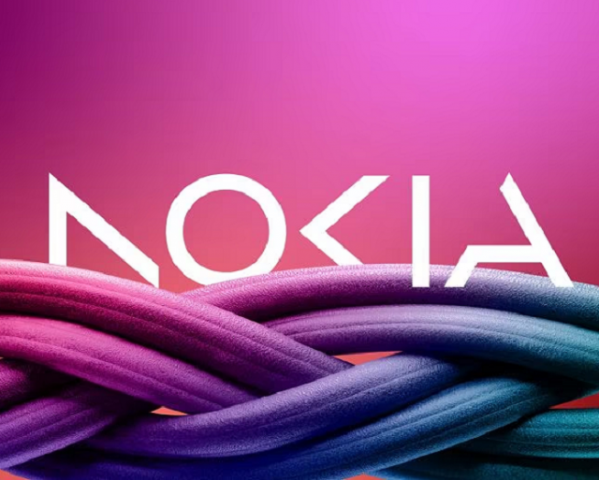Nokia makes world's first 3D audio visual phone call
The company improves the quality of a call with three-dimensional sound, making interactions more lifelike

Nokia CEO Pekka Lundmark made a phone call using a new technology called "immersive audio and video" that improves the quality of a call with three-dimensional sound, making interactions more lifelike, the company said on Monday.
"We have demonstrated the future of voice calls," said Lundmark, who was also present in the room when the first 2G call was made, in 1991.
Current smartphone calls are monophonic which compresses audio elements together and sound flatter and less detailed, but the new technology will bring 3D audio where a caller will hear everything as if they were there with the other person.
Read: Nokia changes iconic logo to signal strategy shift
"It is the biggest leap forward in the live voice calling experience since the introduction of monophonic telephony audio used in smartphones and PCs today," said Jenni Lukander, president of Nokia Technologies.
The call was held with Stefan Lindström, Finland's Ambassador of Digitalisation and New Technologies.
"This is now becoming standardised ... so the network providers, chipset manufacturers, handset manufacturers can begin to implement it in their products," Lukander said in an interview.
Nokia made the call using a regular smartphone over a public 5G network.
Apart from person to person immersive calls, this can be used in conference calls where voices of participants can be separated based on their spatial locations, said Jyri Huopaniemi, head of audio research at Nokia Technologies.
A vast majority of smartphones have at least two microphones with which this technology can be implemented by transmitting in real time the spatial characteristics of a call, the executives said.
The technology is part of the upcoming 5G Advanced standard and Nokia aims to get licensing opportunities with the technology which would likely take a few years to be available widely.


















COMMENTS
Comments are moderated and generally will be posted if they are on-topic and not abusive.
For more information, please see our Comments FAQ